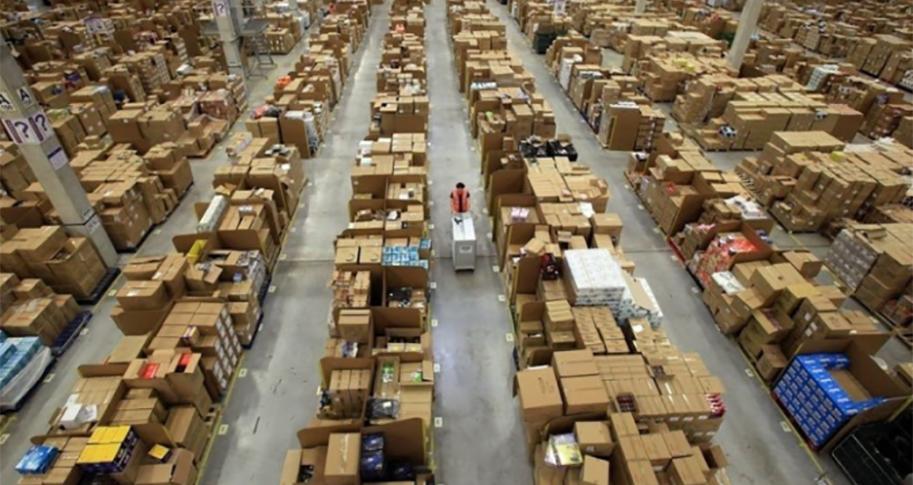
Annibal Sodero, assistant professor in the supply chain management department at the Walton College, led research to better understand how retailers, such as Amazon, can better forecast sales and set prices accordingly for flash sale deals in order to satisfy demand, without risking being left with overstock.
The research, entitled “Demand and Revenue Management of Deteriorating Inventory on the Internet: an Empirical Study of Flash Sales Markets,” will be published in the Journal of Business Logistics, one of the top journals in the field.
When a retailer sets up a flash sale deal, it wants to sell all of the inventory it makes available because leftover inventory is costly (the retailer has to store it or even dispose of it at a loss). However, the retailer also wants to sell all of the inventory at the highest possible price. When a deal sells out too fast, that is an indication its price was set too low, meaning that Amazon could have set the price higher to make a higher profit.
Sodero found that information in the discussion forum posts associated with flash sales deals can be very useful for retailers to improve their forecasts and pricing for future flash sales.
“Discussion forum posts convey consumer ‘sentiments’ that may influence the decision of online shoppers to purchase a particular deal. When the ‘sentiments’ conveyed by discussion forum posts regarding a specific deal are very positive, shoppers are more likely to purchase that deal and, as a result, that deal is likely to sell out faster. We found that such effects are even more pronounced when the retailer offers deep discounts.”
The research has implications far beyond the Amazons of the world. Sodero’s forecasting and pricing model can help online retailers without the elaborate infrastructure of Amazon. For these companies, the success of a flash sale often includes close collaboration with a third party fulfillment center, especially for potential cost issues such as anticipated inventory planning. Jake Rheude, director of business development for Red Stag Fulfillment, comments on the relevance and importance of Sodero’s research.
“For our clients generating demand for flash sales, the first step is ensuring the inventory is received, processed, and ready for ‘picking’ in as short a time frame as possible. In the same sense that retailers don’t want to be sitting on excess inventory after a sale, the same is true for the days, weeks, or even months before a sale event.”
Sodero’s study suggests that retailers must be careful when considering how much to discount a flash sale deal. The interaction between a flash sale deal’s discount and the “sentiments” conveyed by consumers through discussion forum posts regarding that deal may significantly influence how fast a deal will sell – and consequently how much profit the retailer will make.
Sodero is the lead author in the study which will be published with co-author Elliot Rabinovich, a professor of supply chain management at the W.P. Carey School of Business at Arizona State University.




